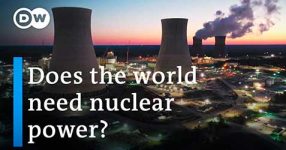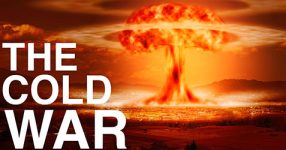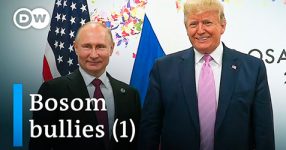In 1991, the world witnessed the unprecedented collapse of the Soviet Union, marking the end of a superpower that once spanned 1/6th of the planet’s surface and housed 280 million people. Today, three decades later, the reverberations of this historic event continue to shape the geopolitical landscape of the region.
The Birth of Nations: 15 States Emerge Overnight
Overnight, the communist behemoth imploded, giving birth to 15 new states, each navigating its unique path in the aftermath. From the Baltic States in the West embracing European ties to Eastern and Central Asian states aligning with Russia or China, the geopolitical chessboard was reshaped. The largest among them, Russia, inherited the bulk of Soviet assets and military might, retaining a prominent international standing.
Transitioning Pains: From Centralized Rule to Sovereignty
The demise of the USSR was preceded by a surge in nationalist movements within its republics during the mid-80s. Fueled by a desire for freedom and sovereignty, these movements led to the dissolution of the Union. The newly independent states found themselves in uncharted territory, transitioning into democracies with varying degrees of success. The move to market-based economies brought both opportunities and challenges, reshaping the socio-cultural and economic fabric of the region.
Legacy and Unresolved Issues: A Glimpse into 2021
While the post-Soviet era ushered in Western-style liberties and market economies, the echoes of the Soviet chapter linger. Economic equality, a hallmark of the Union, was replaced by a society divided into rich and poor. Religious freedom, once allowed and mostly tolerated, has evolved, with theological conflicts surfacing. Ethnic clashes, once held at bay under Soviet rule, have resurfaced, notably in longstanding disputes like that between Armenia and Azerbaijan.
Putin’s Perspective: A Geopolitical Catastrophe
Russian President Vladimir Putin has characterized the collapse of the Soviet Union as the “greatest geopolitical catastrophe of the 20th century.” While acknowledging the heartache, he cautions against romanticizing the past. Putin’s geopolitical maneuvering since the collapse, exemplified by the 2022 invasion of Ukraine, underscores the complex intersection of historical, political, and cultural factors in the region. The documentary “The End of a Superpower: The Collapse of the Soviet Union” delves into these intricacies, featuring contemporary witnesses and politicians from the decisive years.
In conclusion, the collapse of the Soviet Union remains a pivotal moment in history, shaping the destinies of 15 newly independent states. As the region grapples with the legacies of the past, the geopolitical landscape continues to evolve, presenting both challenges and opportunities for the diverse nations that emerged from the ashes of a superpower.












